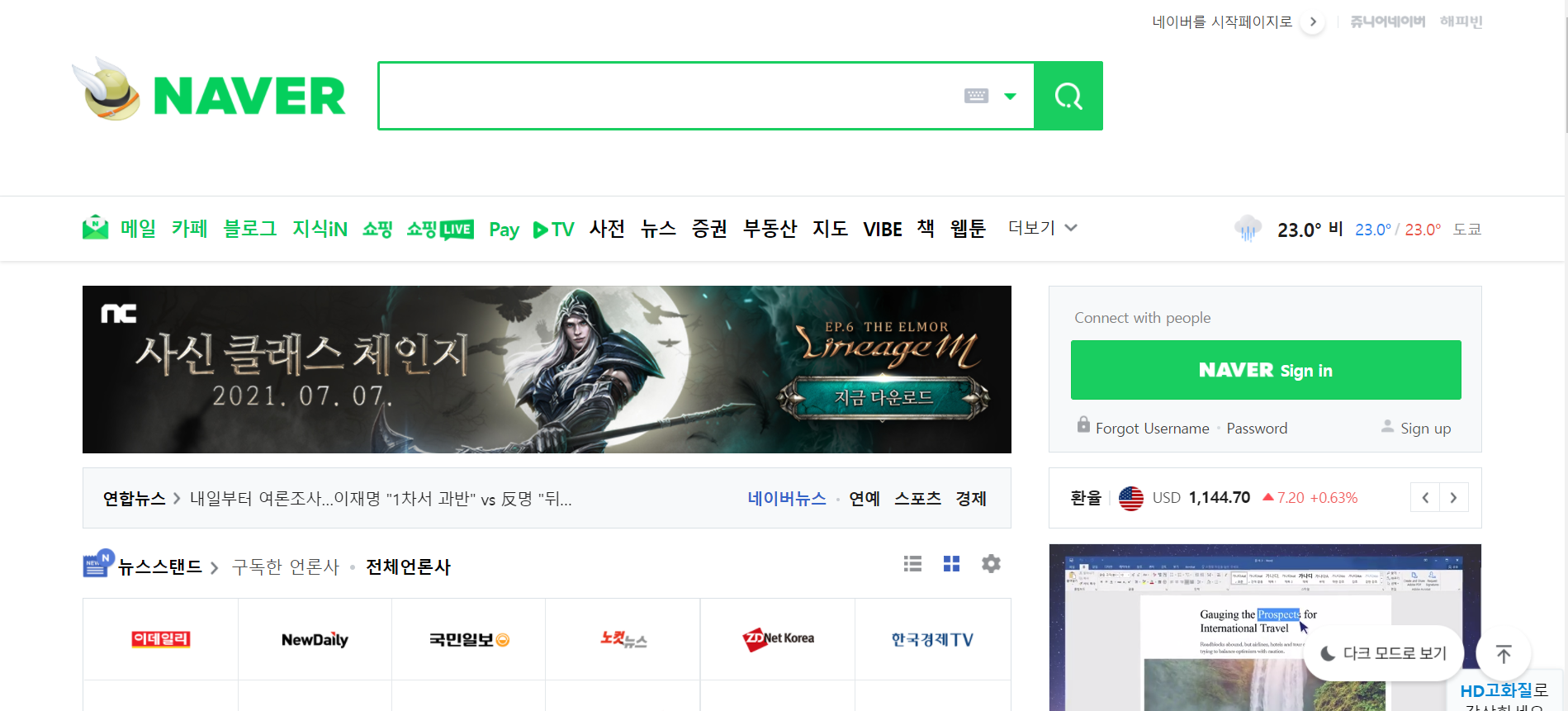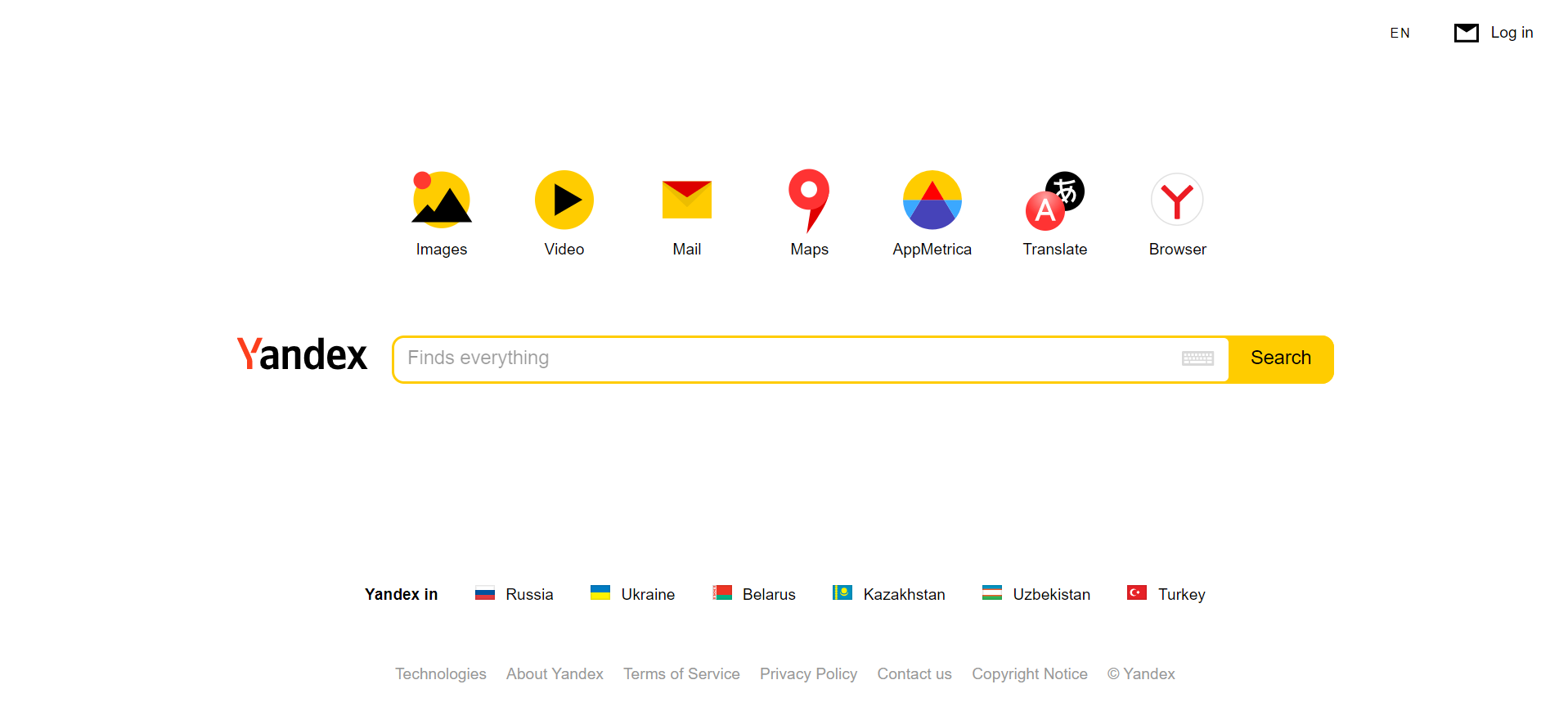It’s hard to avoid Google, even if you want to. The search engine takes up 90 percent of the market in more than 200 regions across the globe. However, Google is still a little far away from completely monopolizing the global search engine market.
Here are five countries where Google is either unavailable, or does not take up over half of the market share.
1. China
China’s Great Firewall is probably the strongest, most impenetrable technological censorship wall put in place in modern times. Google, Bing, Yahoo, and other search engines we take for granted are inaccessible within China. Social media platforms such as Facebook, Twitter, YouTube, and WhatsApp are also blocked.
So, what do Chinese citizens use to surf the internet? Government censorship and protectionism against foreign tech companies mean that China has the opportunity to grow its own tech industry with its own tech firms such as Alibaba, Tencent, and Baidu.
For search engines, internet users in China use Baidu or Sogou. As of April 2021, Baidu takes up 69.55% of the search engine market in mainland China, whereas Sogou makes up 16.84%. However, Google is still available in China’s Special Administrative Regions Hong Kong and Macau.
2. North Korea
Like China, North Korea’s isolation from the rest of the world means that Google is unsurprisingly banned. All social media sites are also banned. The government does not make the internet accessible to the North Korean population, so there are no locally developed search engines that we know of.
However, there are unconfirmed reports that high-ranking government officials in North Korea actually have access to Google. But in 2018 it was further reported that due to political reasons, government officials have stopped using Google and turned to Chinese search engine Baidu.
3. South Korea
South Korea has the world’s fastest Internet speed, but its citizens do not use their high-speed internet to visit Google. Instead, they use Naver, which is commonly referred to by the media as the “Korean Google”.
Since its launch in 1999, Naver has had a steady hold on South Korea’s search engine market. This is thanks to its years of building and tailoring the best content to South Koreans and relentless expansion overseas. Naver's efforts even include a record $600 million acquisition of creative writing platform Wattpad in early 2021.
Naver has not only successfully suppressed Google, but it has also boxed Yahoo! from pursuing growth in South Korea. Besides Naver, there is also local search engine Daum.
4. Russia
In Russia, internet users visit Yandex to search for any queries that they have. Yandex offers services similar to an all-in-one web portal: maps and navigation, language translation, emails, online payments, and analytics. Yandex pretty much has it all.
In Russia, Yandex captures approximately 55 percent of the search engine market. It also has a substantial presence in Russia’s neighboring countries including Ukraine, Belarus, Kazakhstan, and Uzbekistan.
To fight off Google, for the past couple of years Yandex has also diversifying its business. The company has introduced ride hailing, food delivery, and online video streaming.
When the pandemic came into full force in 2020, Yandex propelled further into e-commerce, and now aims to become Russia’s equivalent of Amazon. The company has also engaged in talks with other stores in the country.
Besides Yandex, Russians can also use local search engine Mail.ru. This alternative takes up a smaller 1 percent market share. It's worth noting that Google is still available in Russia, unlike some other countries.
Google Hasn’t Taken Over the World… Yet
Google may seem to be a core and omnipresent service to many of us. But to internet users in the above four countries, Google is probably just an alternative.
Curious about these search engines now? Hop onto their websites and enter anything and see how their results compare to Google.





